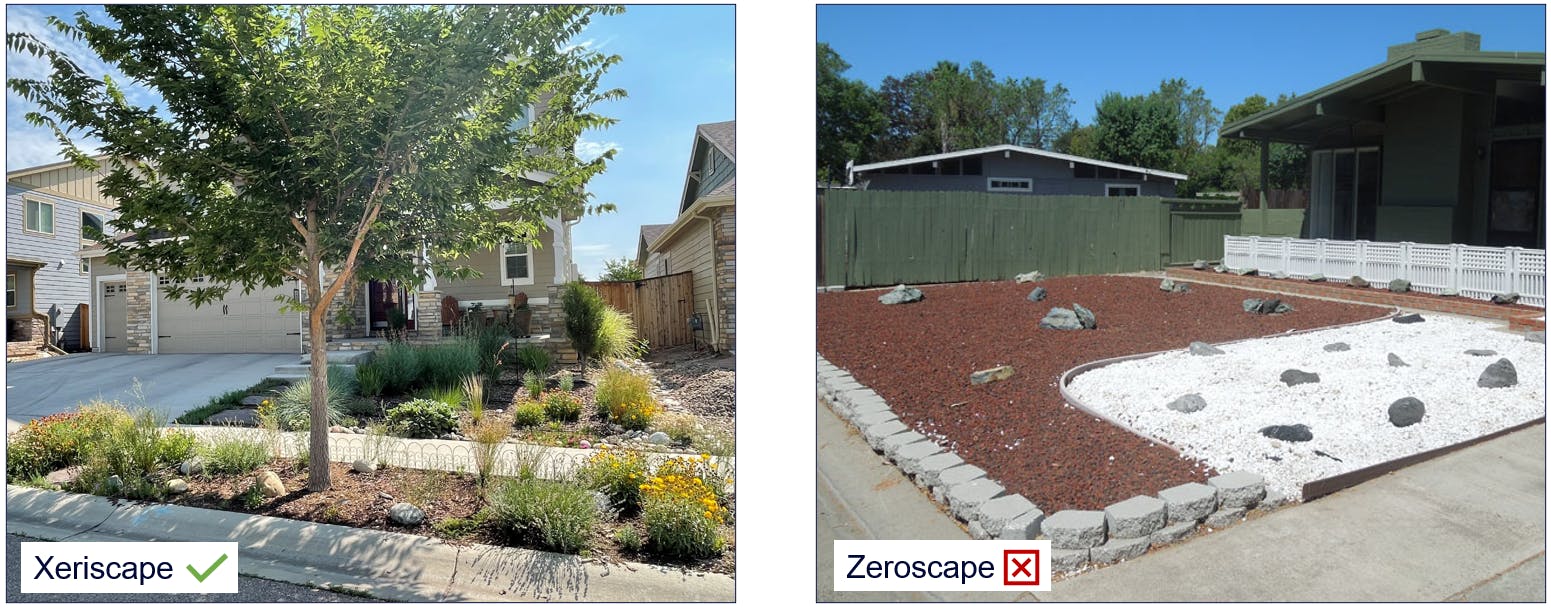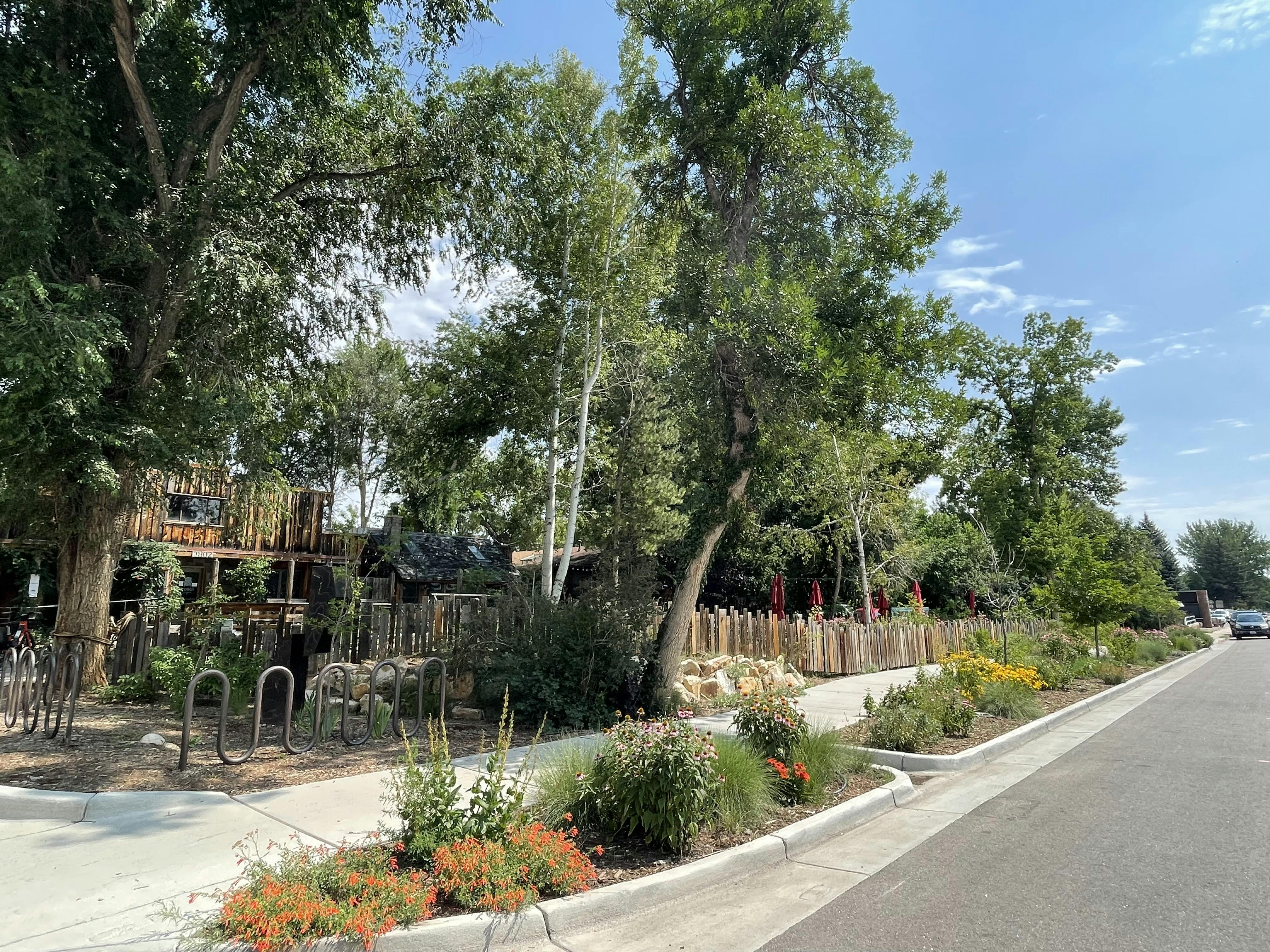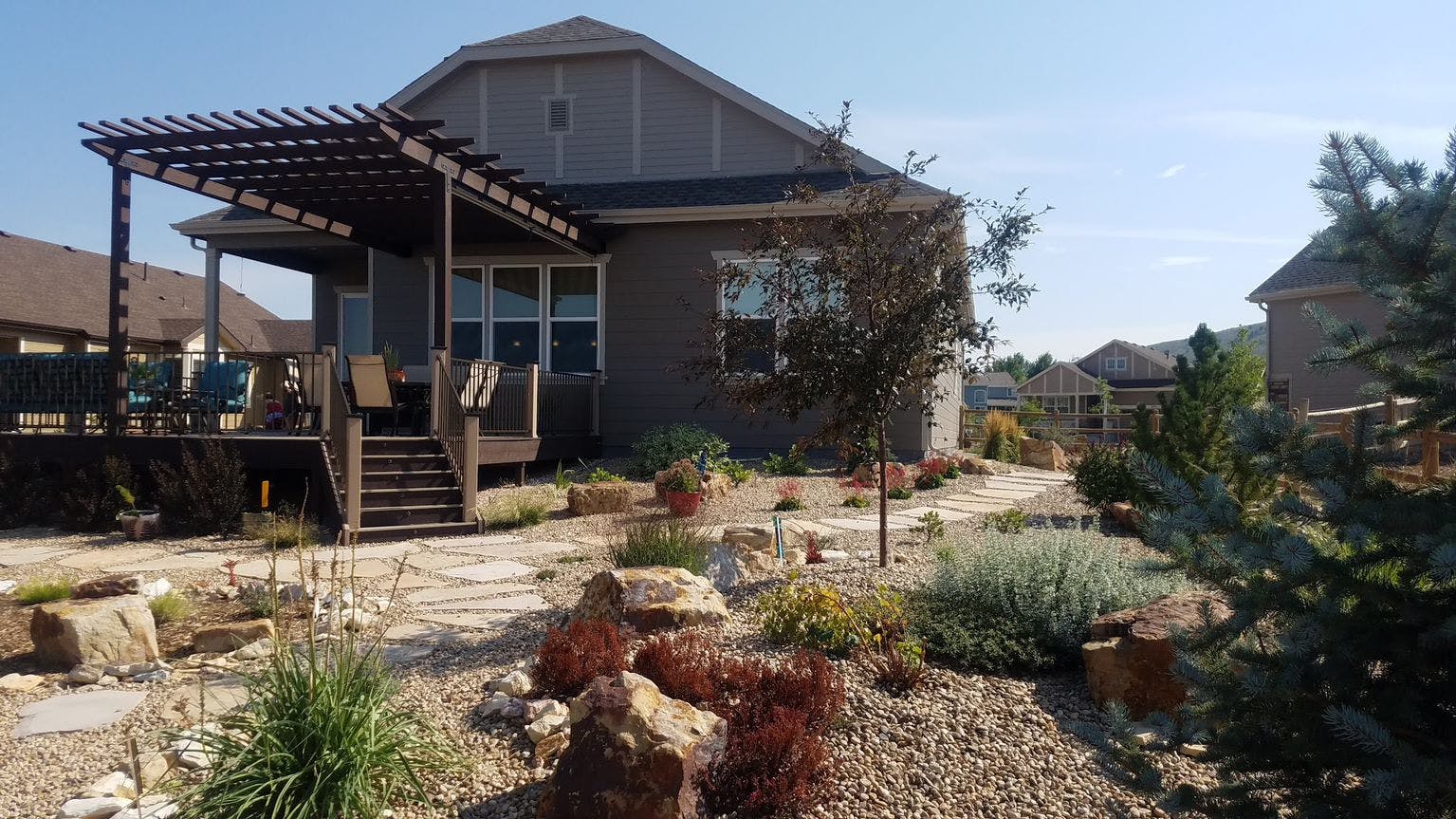Xeriscape and Soil Amendment Policy Update
Consultation has concluded
Healthy and diverse landscapes help improve the environment by providing shade to reduce the heat island effect, aiding in air purification, providing wildlife habitat, erosion control, stormwater control, and other benefits that ultimately improve the quality of life for residents. Waterwise landscapes are more resilient to a changing climate, can still thrive in times of water shortages, and are better suited for our arid climate.
City of Fort Collins staff will present policy proposals for adoption consideration in early 2024. The proposal is designed to promote best practices and healthy landscapes during and after land development occurs. The following four objectives have driven policy development:
- Reducing grass and increasing resilient, waterwise landscapes
- Improving the irrigation efficiency in our community
- Enhancing the health of our soils
- Protecting our urban canopy
Learn more about each proposal.
Read about the project background.










